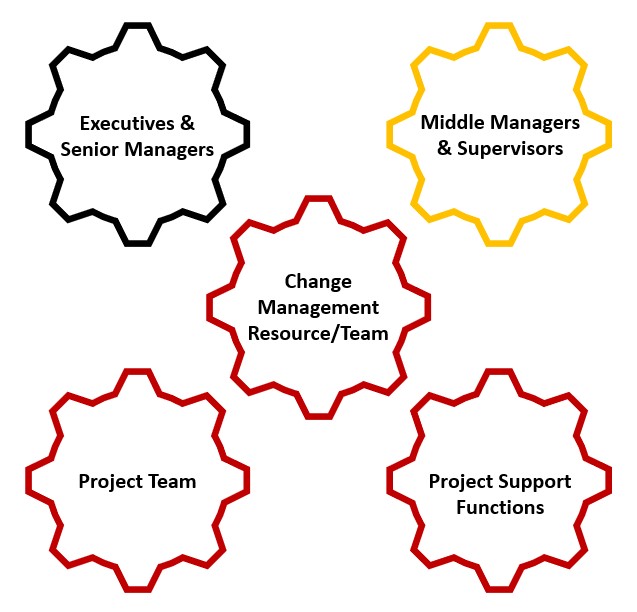What is change management and why has it been identified as a part of the Quantum implementations?
In their book, “Change Management: The People Side of Change,” Jeffrey Hiatt and Timothy Creasey, CEO and chief development officer of Prosci, respectively, write that “change management is the application of processes and tools to manage the people side of change from a current state to a new future state so that the desired results of the change and expected return on investment are achieved.”
Hiatt and Creasey point out that a perfectly designed technology that no one uses creates no additional value to the organization. Change management acts as a bridge between the designed solution and benefit realization (i.e., the results) of people embracing and adopting the change. Only after its people embrace and adopt the change will an organization truly achieve the successful outcome it desires. Hiatt's and Creasey’s foundational tenets for change management are:



